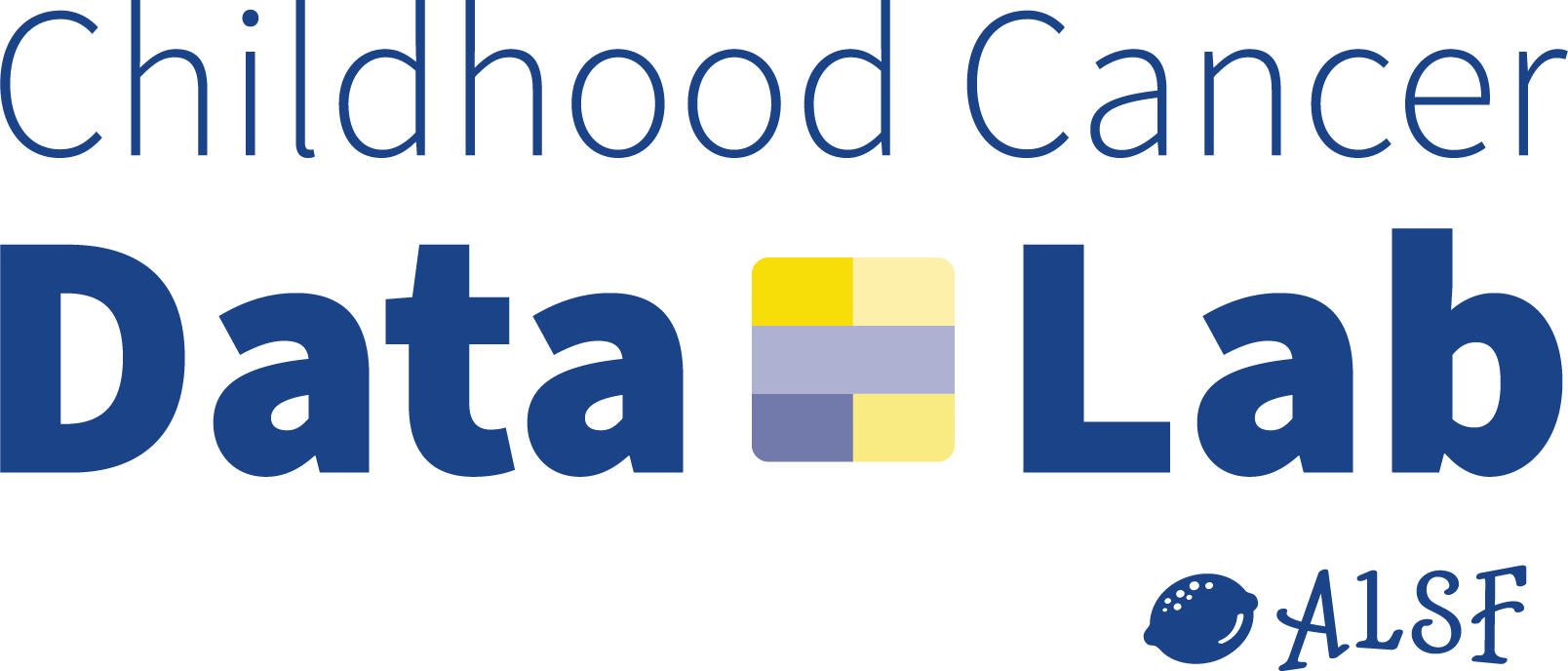Includes Bulk RNA-Seq
26 Downloadable Samples
Cell
10Xv3
Bulk RNA-seq
Pediatric brain tumors are now the most common cause of mortality from disease in childhood. Molecular characteristics of pediatric high- and low-grade gliomas (PHGG and PLGG), the most common tumor category overall, are crucial to treatment and outcomes, but the impact of these characteristics and of the variety of cell populations in these tumors is poorly understood. We performed single-cell RNA-sequencing on viably banked single cell samples of high- and low- grade glial tumors from children treated at Children’s Hospital Colorado. These samples are part of ongoing single-cell pediatric brain tumor banking that our group initiated a decade ago. The maturity of this resource, collected over a decade, provides us with the opportunity to perform well-powered outcome association studies. Samples are collected during routine surgery and immediately disaggregated to isolate single cells. These are then viably frozen in DMSO and banked for later use. We have tumors that cover the variety of subtypes in each of these diseases, as well as comprehensive clinical information on these cases, which will allow us to correlate molecular subtypes and research findings with these clinical measures. Here, we perform single-cell RNA-sequencing on 26 samples from patients with PLGG. In PLGG, we will leverage scRNA-Seq analysis to identify lineage specific development and subpopulations within these tumors. We will then evaluate single-cell RNA-sequencing signatures and clinical outcomes of LGG with BRAF WT, KIAA1549:BRAF fusion and BRAFV600E to identify unique drivers of aggressiveness of BRAFV600E tumors. These studies will significantly advance our understanding of disease biology and provide the detailed molecular and functional insights needed to identify new therapeutic targets for these biologically and clinically heterogeneous tumors.
Includes Bulk RNA-Seq
38 Downloadable Samples
Nucleus
10Xv3.1
Bulk RNA-seqMultiplexed
34 samples are multiplexed. Learn more
Single cell gene expression profiling of pediatric central nervous system (CNS) tumors holds great potential to further our understanding of carcinogenesis, augment prognostic indicators, and identify rational therapeutic targets. Whereas the genomic characteristics of these tumors are fairly well-defined in aggregate, the extent to which cellular heterogeneity is associated with carcinogenesis and clinical outcomes is largely unknown. Here we profile single nuclei gene expression in 36 brain tumor specimens from individuals with a diagnosis of ependymoma, glioma, or embryonal CNS tumor with substantial follow up time, as well as non-tumor brain tissue from three pediatric controls. We used the 10X Genomics Single Cell platform to obtain single nuclei for RNA sequencing in conjunction with bulk RNA sequencing. In conjunction with this study, we obtained 5-methyl- and 5-hydroxymethylation profiles on these samples to investigate functional aspects of gene regulation by cytosine modification. The data and results from this study are expected to reveal an abundance of information about pediatric CNS tumors with value for the broader scientific community.

